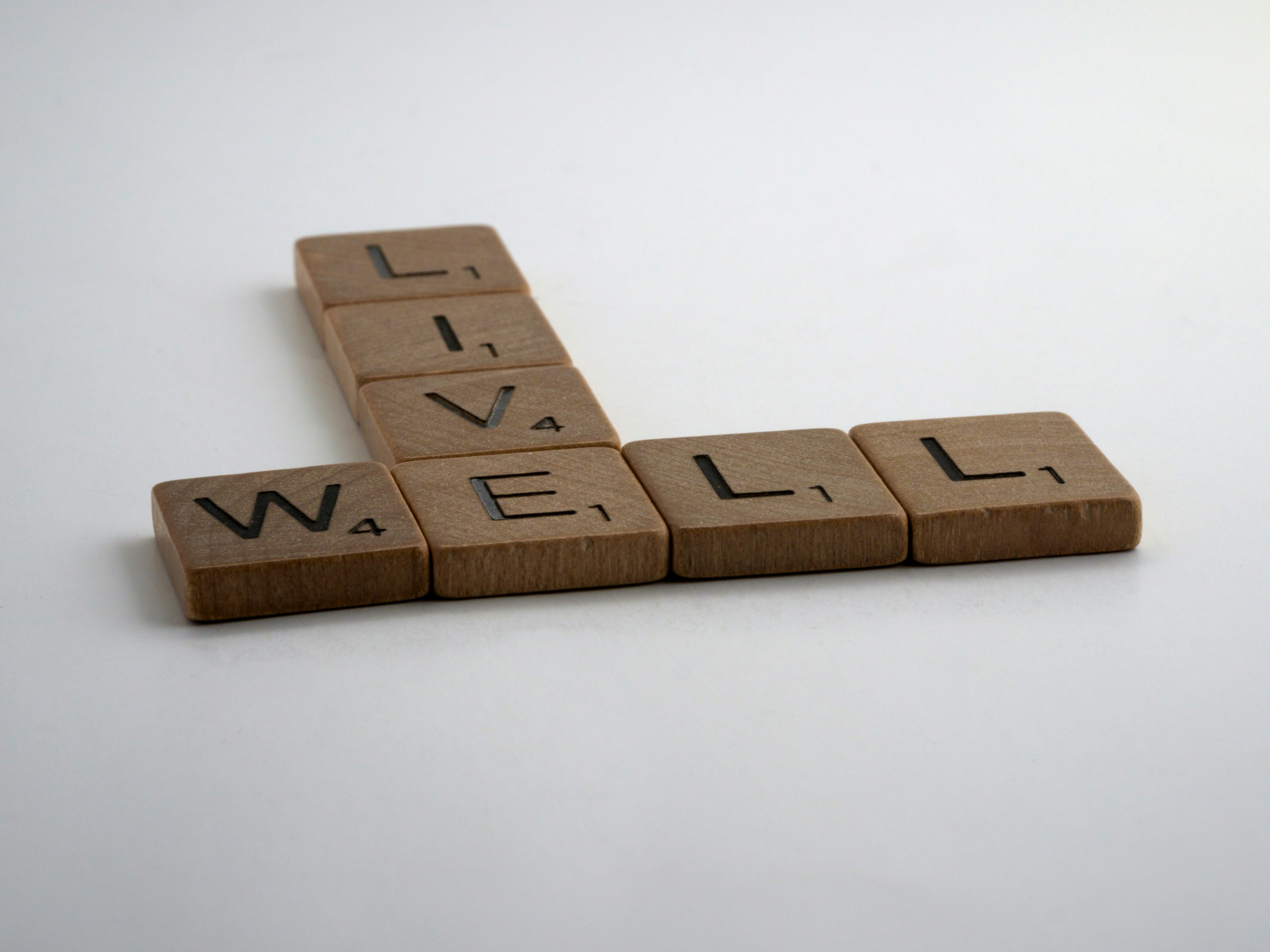Achieving a Better, Healthier, and Happier Life: Your Ultimate Guide
June 22, 2024 | by scott@from-another.world
 Photo by Brett Jordan on Unsplash
Photo by Brett Jordan on Unsplash The Foundation of a Healthier Life
Building a healthier lifestyle begins with understanding the essential components that contribute to overall well-being. A balanced diet plays a crucial role in maintaining health. Consuming a variety of nutrients from different food groups ensures that the body receives the vitamins, minerals, and energy it needs to function optimally. Prioritizing whole foods such as fruits, vegetables, lean proteins, and whole grains over processed foods can lead to significant health benefits. Additionally, staying hydrated by drinking adequate water throughout the day is vital for bodily functions, including digestion, circulation, and temperature regulation.
Incorporating regular physical activity into your daily routine is another cornerstone of a healthier life. Engaging in at least 150 minutes of moderate-intensity aerobic exercise each week, such as brisk walking or cycling, can help maintain a healthy weight, improve cardiovascular health, and enhance mood. Strength training exercises, performed at least twice a week, contribute to muscle mass maintenance and bone health.
Preventive healthcare is essential for early detection and management of potential health issues. Regular check-ups with healthcare providers and staying up-to-date with vaccinations can prevent diseases and promote longevity. These proactive measures help identify risk factors and allow for timely interventions, ultimately supporting a healthier life.
Mental health is equally important as physical health. Effective stress management techniques, such as mindfulness, meditation, and deep-breathing exercises, can reduce anxiety and improve emotional resilience. Ensuring adequate sleep, typically 7-9 hours per night for adults, is critical for cognitive function, mood regulation, and overall health. Mental well-being practices, such as journaling, engaging in hobbies, and seeking social support, also contribute to a balanced and fulfilling life.
By integrating these evidence-based strategies into your daily routine, you can make sustainable changes that support a healthier, happier, and more balanced life. Small, consistent efforts in diet, exercise, preventive care, and mental health can lead to profound improvements in overall well-being.
Cultivating Happiness and Well-Being
Cultivating happiness and well-being goes beyond experiencing temporary joy; it involves nurturing a sustained state of contentment and fulfillment. One of the foundational aspects of achieving this is building and maintaining strong relationships. Healthy social connections provide emotional support, enhance our sense of belonging, and contribute significantly to our overall mental health. Whether it’s family, friends, or community groups, investing time and effort in these relationships can lead to a more enriched life.
Another crucial element is finding purpose and meaning in life. This often means setting long-term goals that resonate with our core values and engaging in activities that align with our passions. When we pursue meaningful endeavors, we experience a deeper sense of accomplishment and satisfaction. This sense of purpose acts as a guiding light, helping us navigate through life’s ups and downs with resilience.
Engagement in activities that bring joy and fulfillment is also paramount. Whether it’s a hobby, a sport, or volunteering, these activities can provide a much-needed break from daily stressors and offer a sense of achievement. They can also serve as a source of positive emotions, which are essential for mental well-being.
Gratitude and positive thinking play a significant role in fostering happiness. Practicing gratitude shifts our focus from what’s lacking to what we have, fostering a sense of abundance. Positive thinking, on the other hand, helps us approach life’s challenges with a constructive mindset, making us more resilient in the face of adversity.
Creating a positive environment is another vital component. This includes surrounding oneself with positive influences, whether through people, media, or physical spaces. A supportive environment can enhance our mood and motivate us to pursue our goals.
Setting achievable goals and practicing self-compassion are essential strategies for maintaining well-being. Achievable goals provide direction and a sense of progress, while self-compassion allows us to treat ourselves with kindness during setbacks, promoting a healthier mental state.
By integrating these practices into our daily lives, we can foster a more sustained and profound sense of happiness and well-being.
RELATED POSTS
View all


